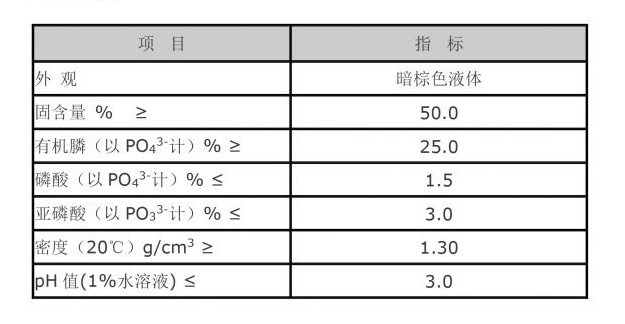hedp water treatment
HEDP Water Treatment A Comprehensive Overview
In the realm of water treatment, the search for effective and efficient solutions is paramount. Among numerous chemical agents, Hydroxyethylidene Diphosphonic Acid (HEDP) has emerged as a crucial player in addressing water quality issues, particularly concerning calcium and scale formation. This article delves into the significance of HEDP in water treatment, its mechanisms of action, applications, and benefits.
Understanding HEDP
HEDP is a chelating agent widely utilized in various industries due to its ability to sequester metal ions. It is particularly effective against calcium, magnesium, and iron, which are common culprits in scale formation and corrosion. Scale build-ups can lead to inefficient heat exchange in boilers, cooling towers, and pipelines, ultimately affecting system efficiency and leading to costly downtimes.
Mechanisms of Action
The primary function of HEDP in water treatment revolves around its ability to bind with calcium and other metal ions. When these metal ions are present in water, they can precipitate out, forming solid deposits or scale. HEDP disrupts this process by forming stable, soluble complexes with the ions, thereby preventing their aggregation and deposition on surfaces.
Furthermore, HEDP exhibits properties that inhibit corrosion. In water systems, corrosion can be accelerated by the presence of oxygen and other aggressive ions. By forming a protective film on metal surfaces, HEDP helps in reducing metal loss and extending the lifespan of equipment.
Applications of HEDP
HEDP finds extensive applications across various sectors
hedp water treatment

2. Oil and Gas In the oil industry, HEDP serves as a powerful stabilizer for water used in oil extraction processes, preventing scale that can hinder operation.
3. Cleaning Products Many household and industrial cleaning agents incorporate HEDP due to its efficacy in binding metal ions, enhancing the effectiveness of detergents.
4. Paper and Pulp Industry HEDP is utilized to improve the longevity of machinery and to manage water quality in the production process.
Benefits of Using HEDP
The benefits of HEDP in water treatment cannot be overstated. Firstly, its ability to control scale formation promotes operational efficiency, which can translate to cost savings over time. By preventing scale build-up, HEDP helps reduce energy consumption and the need for frequent system flushes and replacements.
Secondly, by mitigating corrosion, HEDP contributes to the longevity of equipment and infrastructure. This reduced wear and tear not only extends the life of capital investments but also enhances safety and reliability in operations.
Moreover, HEDP's efficacy is complemented by its environmental profile. It is biodegradable and less toxic compared to other phosphates, making it a favorable choice for industries striving for sustainability.
Conclusion
In summary, HEDP is a powerful agent in the fight against scale and corrosion, making it indispensable in modern water treatment processes. Its ability to efficiently bind with metal ions and prevent unwanted deposits not only contributes to improved efficiency and cost-effectiveness but also promotes sustainability within various industries. As water treatment needs continue to evolve, HEDP stands out as a reliable and versatile solution, demonstrating its worth in both industrial and environmental contexts.
-
Water Treatment with Flocculant Water TreatmentNewsJun.12,2025
-
Polymaleic AnhydrideNewsJun.12,2025
-
Polyaspartic AcidNewsJun.12,2025
-
Enhance Industrial Processes with IsothiazolinonesNewsJun.12,2025
-
Enhance Industrial Processes with PBTCA SolutionsNewsJun.12,2025
-
Dodecyldimethylbenzylammonium Chloride SolutionsNewsJun.12,2025





